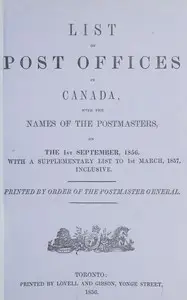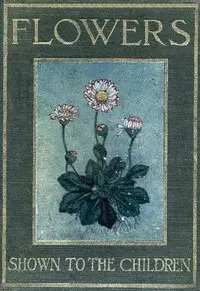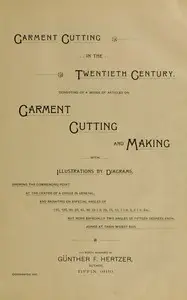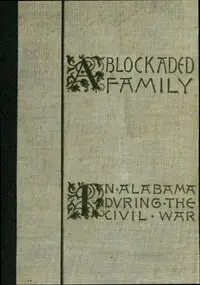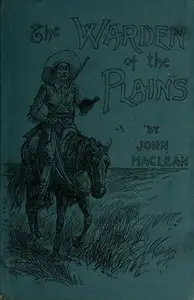"Only an Incident" by Grace Denio Litchfield is a novel written during the late 19th century. The story is set in the fictional village of Joppa, which presents itself as the epicenter of social life, where its proud residents indulge in the pleasures of summer, surrounded by their own self-importance. The narrative follows Phebe Lane, a kind-hearted but inconspicuous woman caught in the suffocating confines of her aristocratic community, as she yearns for something greater beyond the narrow scope of her existence in Joppa. The opening of the book introduces Joppa with a vivid description, highlighting the town's inhabitants and their beliefs about their own superiority. Phebe Lane is depicted as a dutiful, unfulfilled woman who longs for a more meaningful life beyond the societal expectations and trivialities that surround her. In this early segment, she is established not only as a central character but as a contrast to the vibrant, ambitious figures in her life, such as the charismatic clergyman, Mr. Denham Halloway, who seeks to bring about change in their stagnant culture. As Phebe's relationships develop with both him and the glamorous Geraldine Vernor, readers begin to see the potential for personal growth and transformation, setting the stage for her journey throughout the novel. (This is an automatically generated summary.)

Only an Incident
By Grace Denio Litchfield
"Only an Incident" by Grace Denio Litchfield is a novel written during the late 19th century. The story is set in the fictional village of Joppa, whic...
Grace Denio Litchfield was an American poet and novelist. Her first pieces were three poems, which she sent out to three of the leading magazines. They all came back. They were sent out again and to the same set of magazines, but changed about. Again they were returned. The third trial was more successful and two of the poems were accepted. With what they brought the young writer started a little fund to place a memorial window to her mother in Grace Church, Brooklyn, the daughter feeling that the gift had a deeper meaning because "Only what one has earned is one's very own."




